Table of Contents
What Exactly is Web3?
Web 3.0 is the third version of the Internet, and it is an improvement over the previous Web 2.0 version. The third generation of the internet will be more transparent and decentralized, with vast amounts of content available to all.
Web3 is an unfinished concept for a third generation of the internet. It follows Web 1.0, which relied on traditional websites with commercial content, and Web 2.0, which saw the introduction and rise of social media.
Web3 proponents argue that by completely decentralizing the web, they can bypass Big Tech intermediaries, similar to how bitcoin seeks to seize control of global money from massive financial institutions and governments. The similarities don’t end there. Web3 is based on blockchain technology, just like cryptocurrency.
Top 7 Web3 Apps
Following the Web3 frenzy, here is a list of top 7 Web3 applications you should be aware of.
1. Sapien
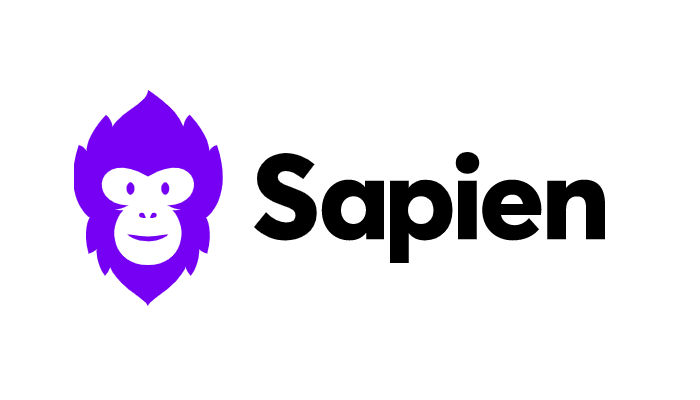
Sapien is a one-of-a-kind Web 3.0 example. The Ethereum blockchain powers this decentralized social news site. It’s also extremely customizable.
It’s a good alternative to Google or Facebook for social news. It will allow users to create their own apps without having to pay or display advertisements. Sapien’s platform provides users with the tools they need to build and launch apps quickly.
Sapien is a web 3 blockchain platform that offers apps, services, and technology. It allows users to interact, transact, share information, and form communities using a set of self-sovereign tools. Sapien web 3 was created to give everyone a way to organize their online lives.
2. LBRY
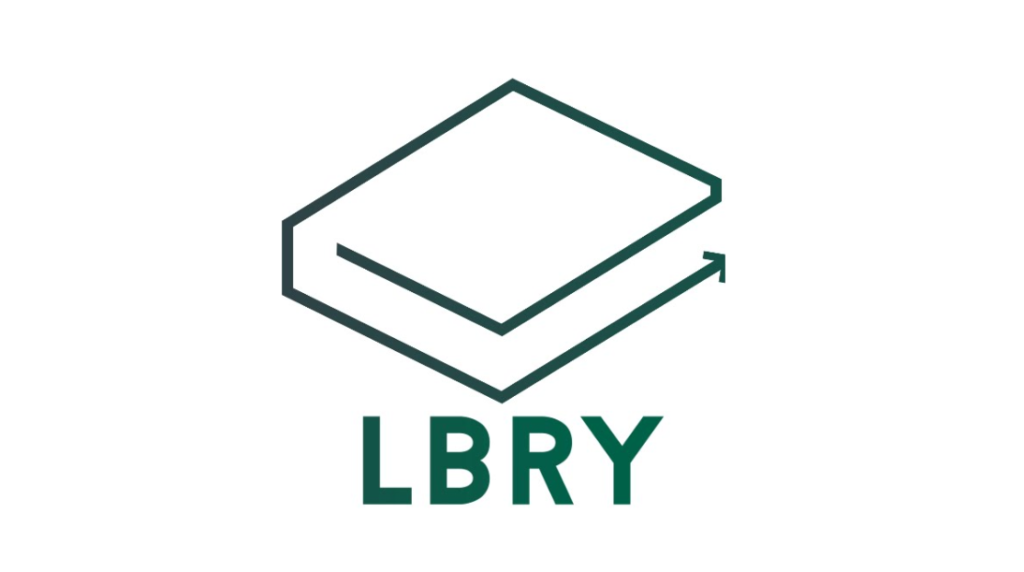
LBRY is a blockchain-based decentralized file-sharing and payment network that powers social networks and video platforms.
LBRY is a decentralized digital library that stores various types of content. You can read, watch, and play on the site as a user. As it supports books, music, and movies, it appears to be one of the first Web 3.0 projects.
3. Storj

Storj is a decentralized storage solution that enables users to securely store data in a redundant and fault-tolerant fashion. Storj is a well-known decentralized storage system. It’s also one of the most historically significant. Storj allows anyone to store data.
It employs blockchain technology and offers many of the same benefits as cloud storage, but on a more dispersed network. One of the advantages of Storj is that it allows for unlimited uploading and downloading at any time. It’s also open-source and free to use.
It is simple to use and requires only one click to get started. Because they can pay as they go, users are at the heart of the payment mechanism.
The Storj coin powers the Storj platform. Users on Storj can specify an expiration date for their data, making it “self-destructive” in some ways. While this is a new technology, some well-known names in the industry, such as Dropbox and Comcast, have already partnered with Storj to integrate their solution.
4. Ethlance
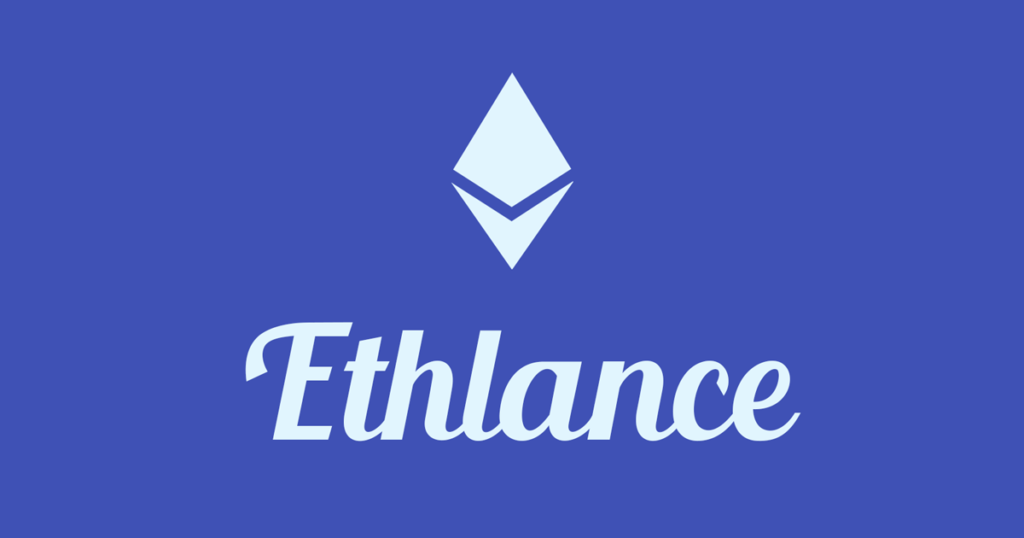
Ethlance is an online platform that allows people to apply for jobs that was developed using blockchain technology. The website connects job seekers with employers who will complete the process of finding an appropriate employee.
It also opens up previously closed doors for freelancers and breaks down barriers between companies and freelancers. Ethlance is a platform that connects freelancers and employers.
It is the world’s first decentralized talent marketplace, assisting professionals in reducing costs while increasing revenues. Artists and content creators can earn more money as freelancers because they have complete control over their work. Because all payments are processed in ETH, it is simple to connect with clients all over the world.
5. Brave

Brave Browser is a new browser that promises to bring ad-blocking and privacy features to mobile devices that were previously only available on desktop computers.
Brave Browser is a faster and safer alternative to the Mozilla Foundation’s popular browsers. Because of its security, it has been dubbed “the most secure browser ever developed.”
The Brave Browser is a new open source browser that promises to protect users’ privacy by blocking unwanted advertising and trackers using blockchain technology.
It also includes anti-cryptojacking features that allow users to support their favorite websites without exceeding their data limit. It also allows customers to sell their data for cryptocurrency.
6. Livepeer
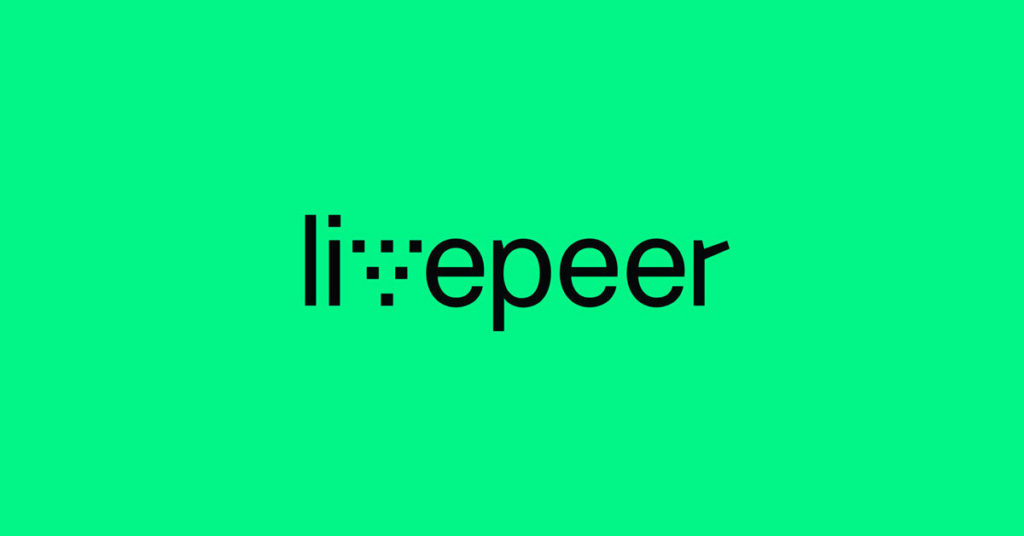
It is an Ethereum-powered decentralized peer-to-peer video streaming platform. It provides an open-source streaming service in order to build a Web 3.0 streaming stack.
LivePeer is a two-person communication tool that operates in real time. Users can also watch streaming videos and record screencasts of their computers, which they can save as GIFs or download as video files.
LivePeer allows you to send live streaming video directly from your phone to the platform, which has a number of benefits for these apps. The first benefit is that you can increase your revenue by selling ad space in your stream.
7. Magic
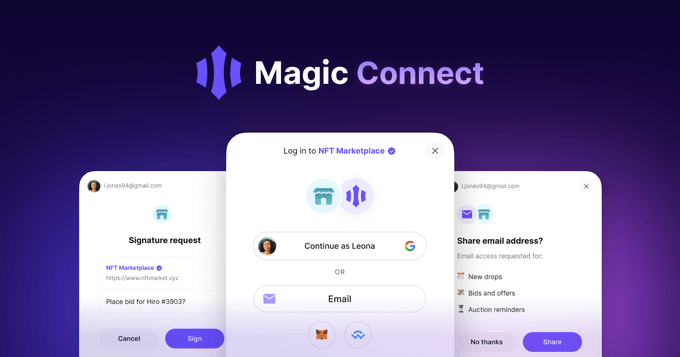
Magic (Fortmatic) is a multi-purpose cryptocurrency wallet that enables users to obtain tokens and use decentralized apps from their Ethereum address. Instead of a browser extension or seed words, it uses a mobile number or an email address for authentication. Sean Li established the company in 2018.
Sean Li announced in 2020 that the company’s name would be changed to Magic. It also serves as a forum for developers to incorporate and integrate blockchain-based technology into their apps, as well as a simple way to store Ethereum.
Disclaimer: The opinion expressed here is not investment advice – it is provided for informational purposes only. It does not necessarily reflect the opinion of EGG Finance. Every investment and all trading involves risk, so you should always perform your own research prior to making decisions. We do not recommend investing money you cannot afford to lose.
 English
English Français
Français Español
Español Bahasa Indonesia
Bahasa Indonesia 中文 (中国)
中文 (中国) Русский
Русский Português
Português Deutsch
Deutsch

